Mon-Sat 9am-7pm

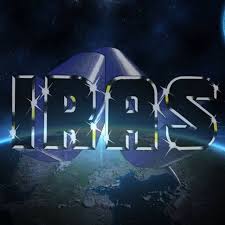
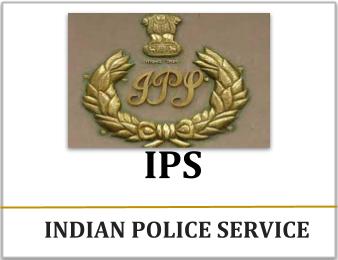
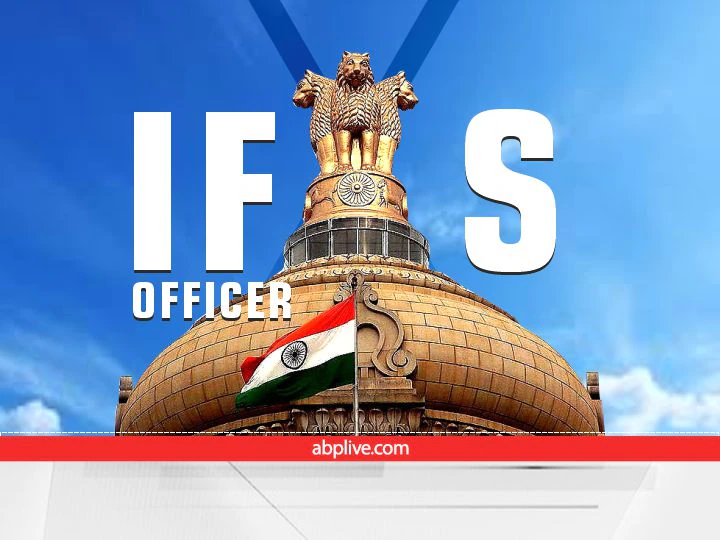
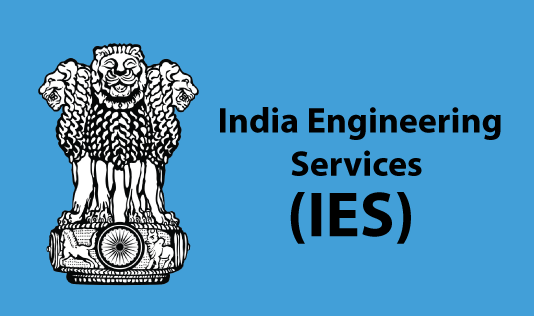
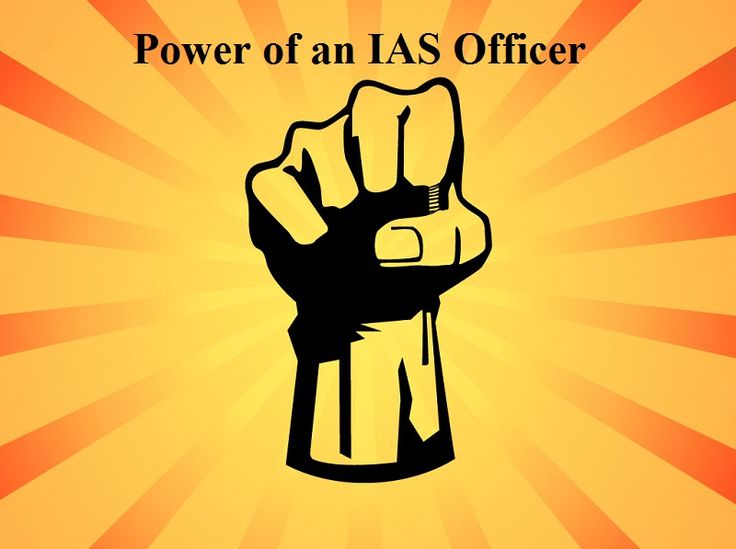
The Indian Administrative Service (IAS) is a branch of the Indian Civil Service. It is one of the premier services of the Government of India. After qualifying for the mandatory entrance exams, one becomes an IAS officer and gets recruitment in the government setup. IAS is one of the prestigious and popular career choices among many aspirants preferring to make a career in the government sector.
What makes it a popular career choice is the fact that along with monetary compensation, the job of an IAS officer offers several perks and privileges that no other job can offer. The role of an IAS officer is to manage various administrative matters of the government. The job of an IAS officer includes framing policies and advising the ministers on various issues, maintaining law and order, supervising the implementation of policies of State Government and Central Government, collecting revenues and functioning as courts in revenue matters, supervising expenditure of public funds as per norms of financial propriety and handling the daily affairs of the government, including framing and implementation of policy in consultation with the minister responsible for the department concerned.
Getting into Indian Administrative Service and becoming an IAS officer is not easy as there is a lot of competition involved, however, one with the right attitude and approach can become an IAS officer. For becoming an IAS officer, a candidate must qualify UPSC civil services exam (UPSC CSE) that consists of three stages – Prelims, Mains, and Interview.
Below are the academic qualifications required for becoming an IAS officer.
Subject Combination- Candidates can choose any stream in XII.
Exam - UPSC Civil Services Exam (UPSC CSE)
Eligibility Criteria

The job of an IAS officer is one of the most coveted jobs in India. Aspirants willing to make a career as an IAS officer can have a look at the below IAS officers’ job profiles which is the hallmark of governance in India.
Sub Divisional Officer: He/she is the in-charge of various development activities going on in the sub-division. The job of the Sub Divisional Officer is to coordinate the work of various departments.
Divisional Commissioner: The Divisional Commissioner is the coordinator of all activities connected with the general administration that includes law and order, revenue administration, and development administration at the divisional level. The Divisional Commissioner heads the revenue administration in his division and hears appeals against the orders of District Collectors. He/she coordinates and supervises the work of all wings of public administration in his division.
District Magistrate/District Collector: The District Magistrate is responsible for running the administration of the district smoothly and properly. He/she is the main agent for making the necessary coordination of the official agencies functioning within the district. As a Collector, he/she is responsible for the collection of revenue from the district.
Chief Secretary: The Chief Secretary ensures inter-departmental coordination. He/she is the chairman of coordination committees which are set up for resolving inter-departmental disputes and also advises the secretaries on inter-departmental difficulties.
Cabinet Secretary: Cabinet Secretary acts as the chief coordinator of the central government. He/she acts as a link between the political system and the civil services of the country. The responsibility of a Cabinet Secretary includes monitoring and coordinating activities of various ministries and departments.
The career path of an IAS officer can be very interesting. Serving in the IAS, or Indian Administrative Service is a job that offers lofty positions of power and status. No job is comparable to it. Even people with both IIT and IIM degrees fight hard to get selected for the merit list of the UPSC.
An IAS officer may get the chance to work for people at the subdivision and district levels during the earlier part of his career. Such an officer sees the implementation of the government policies at the grass-root level.
With seniority, however, the officer will become more and more involved in policy framing. He goes from the districts to the capitals. He may go to the national capital. Read more to learn more about the career progression of a typical IAS officer.
The first thing one may wonder is what are an IAS officer's actual duties. There is no specific duty for the IAS. It is a pure generalist service. The IAS should have multiple talents. He will have to do administrative jobs and development jobs during field postings. The IAS also maintains law and order as an SDO or DM.
During secretarial postings, the officer should learn how to be more diplomatic. A Secretary or Addl/Jt. Sec oversees the functioning of a department of a state or the Central Government. These officers are experts in policy framing and implementation.
Students spend enormous time preparing for the UPSE CSE with the ultimate aim to become an IAS officer. However, only a few are able to live up to their dreams. To become an IAS officer, candidates should first know how to start their IAS preparation. To get started with IAS preparation, there are some of the best books and study material that one can opt to qualify for the entrance exam:
Tata Institute of Social Sciences,Mumbai
Maharshi Dayanand University,Rohtak
St. Joseph's College,Chikmagalur
UNIVERSITY OF HYDERABAD,Hyderabad
IAS officer is a diverse career choice with a wide range of opportunities to choose from. For an IAS officer, there are a variety of employment opportunities. Being an IAS officer, one can serve as Personal Secretary to Ministers in Central Government. He/she can be appointed in autonomous organizations; subordinate organizations; PSUs; United Nations Organizations; international organizations, like World Bank, IMF, Asian Development Bank which offers deputation vacancies to IAS officers for foreign postings. IAS officers can also get the chance of working in the multilateral organizations like WTO, Commonwealth, SAARC, International Court of Justice etc.
The Government of India is the recruiter that offers jobs to IAS officers. An IAS officer is liable to serve anywhere in India or abroad either under the Central Government or under a State Government. Additionally, an IAS officer can also be recruited in autonomous organizations/subordinate organizations/ PSUs/ UN organizations/ international organizations like World Bank, Asian Development Bank.
IAS officers are some of the most well-paid government servants. The salary of an IAS officer is as per his/her post and the associated pay scale.
Given below is UPSC IAS salary after the 7th pay commission:
|
Post |
Grade |
Pay Scale |
Grade Pay |
|
Sub-Divisional Magistrate (SDM), SDO, or Sub-Collector (after 2 years of probation) |
Junior or Lower Time Scale |
15600 – 39100 |
5400 |
|
District Magistrate (DM) or Collector or a Joint Secretary of a Government Ministry |
Senior Time Scale |
15600 – 39100 |
6600 |
|
Special Secretary or the Head of Various Government Departments |
Junior Administrative |
15600 – 39100 |
7600 |
|
Secretary to a Ministry |
Selection Grade |
37400 – 67000 |
8700 |
|
Principal Secretary of a Very Important Department of the Government |
Super Time Scale |
37400 – 67000 |
8700 |
|
Varies |
Above Super Time Scale |
37400 – 67000 |
12000 |
|
Chief Secretary of States, Union Secretaries in charge of various ministries of Government of India |
Apex Scale |
80000 (Fixed) |
NA |
|
Cabinet Secretary of India |
Cabinet Secretary Grade |
90000 (Fixed) |
NA |
1. Discipline
During the exam, you study such a vast syllabus. It is said that you complete 3 graduations in the same amount of studies that you do for UPSC. For covering such a vast syllabus it is important for a person to possess discipline. A person has to consistently put in the required hours day in, day out for a long period of time.
This discipline helps you in your career further. An IAS does not have holidays, he has to work long hours every day. In such times it is this discipline that keeps him going. A person who does not have this discipline will wear out and lose focus.
2. Curiosity
The syllabus for UPSC covers multiple subjects ranging from economics, polity, history, geography, and environment. Keeping this in mind a person needs to be curious to develop interest and study all the subjects. If the individual is not curious, he cannot cover the entire syllabus.
Moreover, he should be keen to constantly keep learning for the questions in the exam are very dynamic and related to current happenings.
In his job too, an IAS officer has to be curious. For someone who is heading a district, an IAS officer has to deal with the political, social, economic situations in the area. His decisions are influenced by the historical and geographical characteristics of the area.
Also, an IAS works in multiple departments of the government. He might be in the ministry of finance someday and in the ministry of defense the other. Considering this, a curious mind is very important for a person to learn the intricacies of the job.
3. Perseverance
To keep trying till one reaches his/her goal is called perseverance. For clearing, this exam one needs to possess the quality of perseverance. He has to try till he succeeds. That’s the reason a candidate is allowed to attempt the exam multiple times.
The quality of perseverance plays a vital part in the career of a successful IAS officer. With so many stakeholders and interest groups, an IAS should possess the quality to pursue its targets with perseverance. He should be stubborn enough to keep trying till you succeed.
4. Patience
The exam spans over a period of one year, the preparation usually takes one year. So on average, a candidate has to work towards this exam for a period of two years, provided he clears in the first attempt.
An average aspirant spends anything between 2-3 years cracking the exam. Such a long period of consistent efforts needs patience.
In the system, which is so sluggish, patience is the key. It is said that “policymaking moves one-two steps forward and one step backward.” Based on this a person needs to be extremely patient to achieve targets. Hasty decision-making and impatience can cause more damage than good.
5. Focus
To keep all distractions away and to concentrate on one aim is the quality of focus. While appearing for this exam you will see that your friends are enjoying their financial independence.
Watching movies, going out to eat, meeting friends are some things you cannot think of. You have to keep such distractions at bay and work towards your goal.
The same goes for your job. Being an IAS officer has its perks and privileges. Sometimes the power, respect, and status that you get can go to your head. In such a situation, a successful IAS officer can keep these things at bay and focus on his work.
6. Analytical Ability
As you study for this exam you will understand that not all situations are black and white. I such a case the need of the exam is for you to understand the issue, get different perspectives on the situation and give a balanced judgment.
Similar analytical ability is required for the job as well.
For example, if you close a factory that employs child labor, you will steal the livelihood of the children who might resort to criminal activities which are equally bad.
You need to have balanced decision-making abilities to ensure that the rights of children are not violated and that their livelihood is also saved.
7. Time management
Studying such a vast syllabus, reading it, understanding it, and then revising it requires a lot of time. A person needs to manage his time well or else he won’t be able to complete the syllabus in time.
Similarly, an IAS is in charge of close to 150 committees in a district. The workload is tremendous and it is humanly not possible to complete it if we do not know how to manage our time.
8. Communication skills – oral and written
A student has to write 20 questions in a single paper in 3 hours. On average, he gets 6 minutes only to write a single question. This fact itself portrays the importance of written communication. Similarly, in the interview, it is important to show your best side in such a short time period.
An IAS too has to have great communication skills. For on the job he needs to compile all the information and project it to his political bosses for them to make the decision. Communication is of utmost importance for an IAS officer to work with so many stakeholders.
9. Decision making
While studying for the exam, a candidate has to decide, what to read? What not to read? When to study? Such endless choices have to be made fast.
The fear of making the wrong choice usually paralyzes a person, compelling him to maintain the status quo. He doesn’t know what to study and how to study, thus losing the race of the exam.
With so much power, an IAS has to make many crucial decisions that can make or break the project. To analyze all the information and make the correct choice is a very complex activity.
The majority of the IAS fail to take the decision out of fear of a misjudgment. Decision-making ability separates good IAS officers from the rest.
10. Out of the box thinking
If you look at the syllabus you will realize that the UPSC has not mentioned any standard books for the exam. This is for the fact that they want you to study any source that you prefer.
Even in the exam, you will notice that the pages are blank as they want you to present your paper however you want to. It has been observed that innovative answer writing fetches more marks than a monotonous one. For this, you need to develop out-of-the-box thinking.
The same goes for the job of an officer. The need is to develop innovative solutions to issues and problems. For this, a person needs logic, common sense, and a lot of out-of-the-box thinking.
Call us at +91 9205084085, Monday - Friday, 9 am - 7 pm


